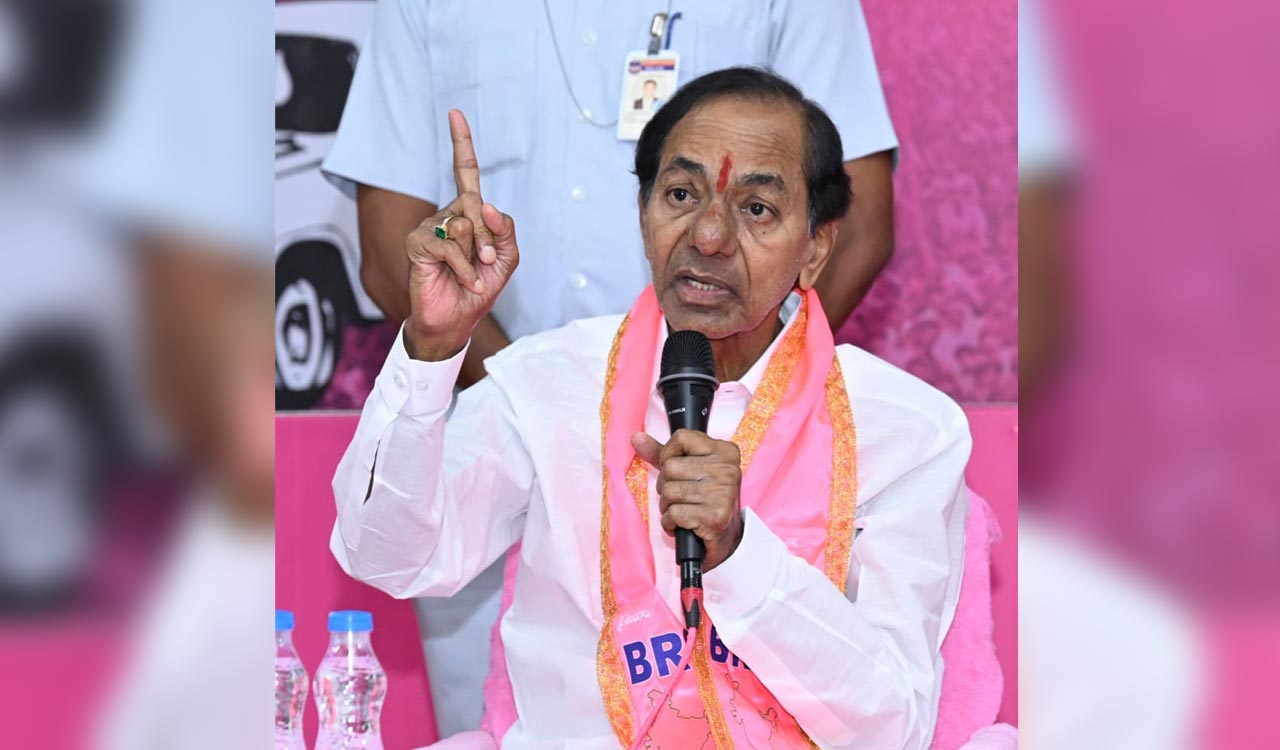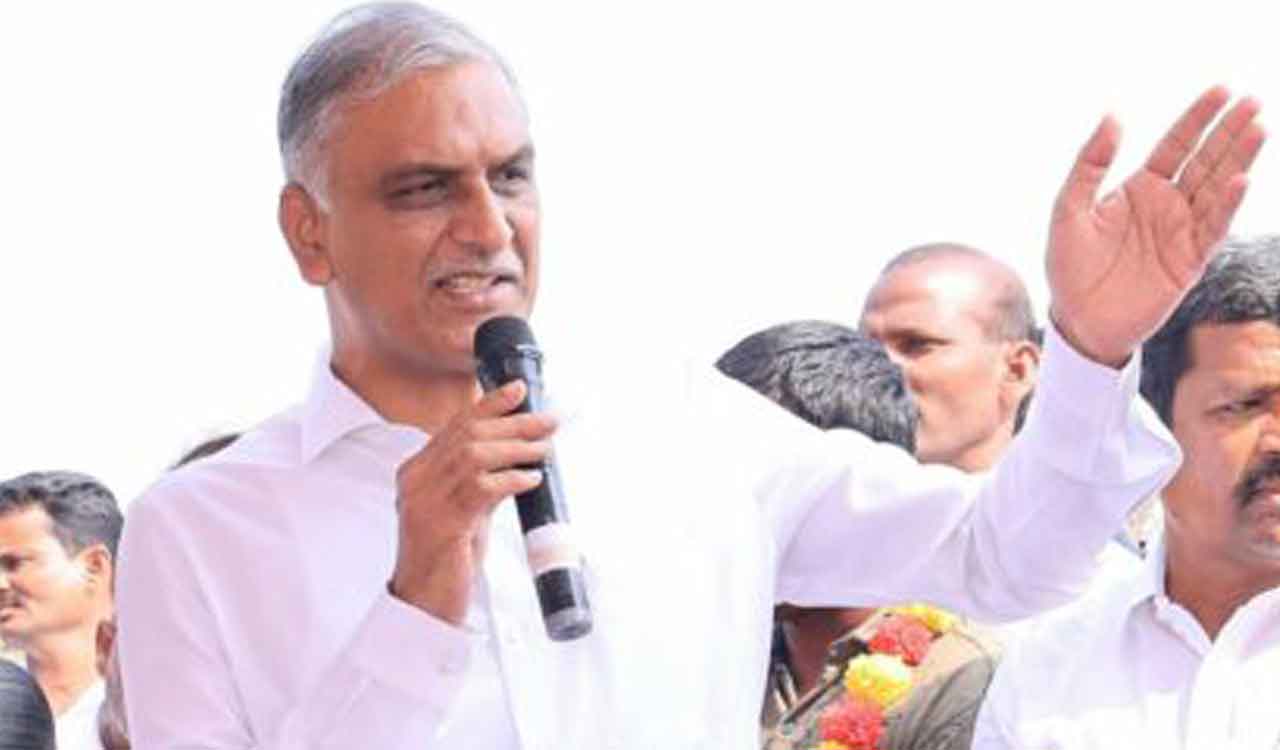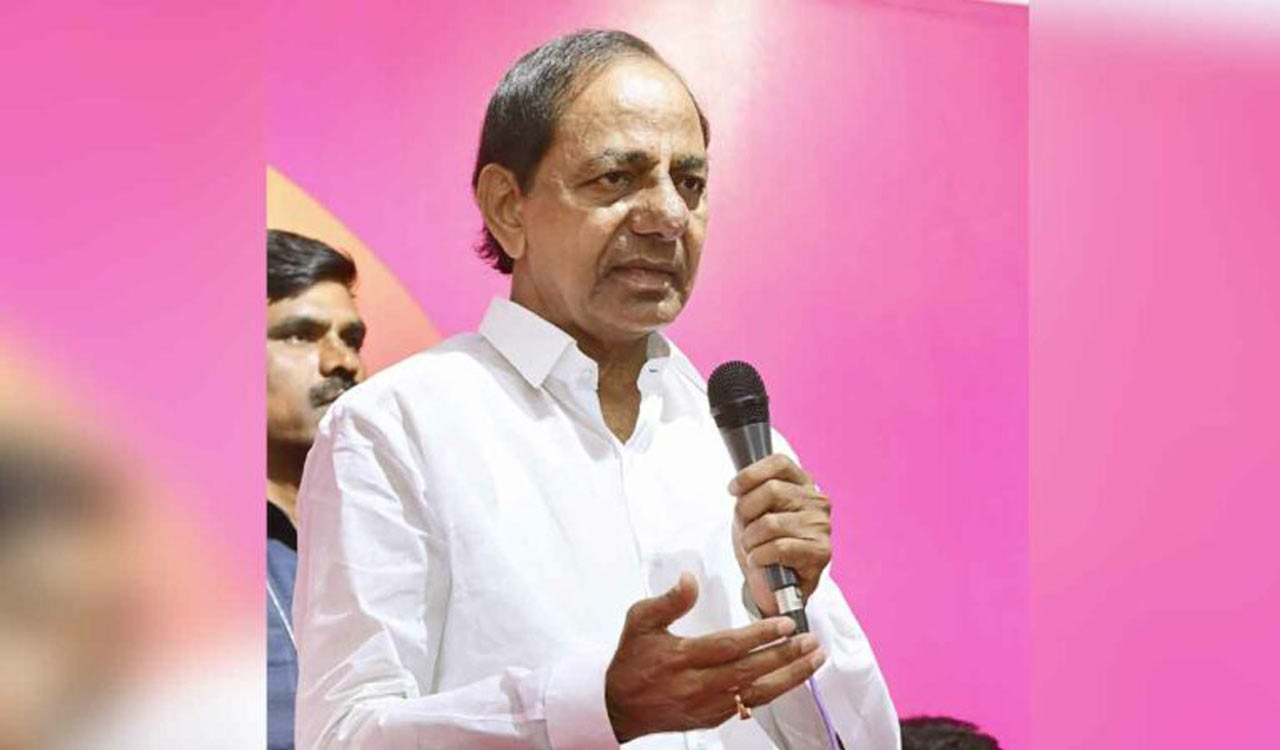‘The Economist’ lauds Telangana model of development, says it outpaced other States
The media giant stated that the government led by K Chandrashekhar Rao proved practical, reassuring businesses that their interests were safe

Hyderabad: The creation of new States in India can be a powerful catalyst for regional development, as evidenced by the success story of Telangana. This State, which was formed in 2014, provides a compelling model for why and how new States can contribute to economic growth, better governance, and improved public services.
Amid recent debate over centralisation versus decentralisation in rapid changes in Indian governance, two recent analyses from an international weekly newspaper ‘The Economist’ highlight a transformative approach that could redefine the nation’s administrative and economic future.
Also Read
The articles, “Administering India: Small-States theory” and “Indian federalism: Here’s a model,” make compelling arguments for decentralising power by creating more States and granting greater autonomy to mega-cities.
The Case for Smaller States
In it’s ‘Administering India: Small-States theory’, the Economist suggests that decentralising power from the Central government to more localised authorities can lead to more effective governance. Narendra Modi’s centralisation strategy, although initially successful in modernising India, has reached its limits. Recent election results indicate a shift in the political landscape, suggesting that a more decentralised approach may now be necessary.
India’s constitution describes the nation as a “Union of States,” a concept that has evolved since Independence. The creation of new States in 2000 and the more recent formation of Telangana demonstrate the potential benefits of such restructuring.
Telangana, for instance, has seen its GDP share rise significantly, improving local infrastructure and services. The challenges India faces today, such as the lack of autonomy for its mega-cities and the unwieldy size of some States such as Uttar Pradesh and Maharashtra, underscore the need for change.
By granting more Independence to cities and dividing large States into more manageable units, the newspaper suggests that India can foster flexibility, accountability, and competition. This, in turn, can drive reforms tailored to local needs, enhancing overall development. “This newspaper does not usually argue for more government. But it has no hesitation in arguing for more governments,” the newspaper said.
Telangana: A Success Story
Citing Telangana as the role model in another article titled ‘Indian federalism: Here’s a model’, ‘The Economist’ stated that the experience of Telangana provides a practical model for the benefits of decentralisation.
Since its formation in 2014, Telangana has outpaced many older States in economic growth. With its capital, Hyderabad, emerging as a major tech hub, the State has attracted significant investment and created numerous high-tech jobs.
The media giant stated that the new government led by K Chandrashekhar Rao proved practical, reassuring businesses that their interests were safe. “KCR‘s government doubled down on the tech-first strategy. IT exports more than quadrupled to Rs 2.4 trillion ($29bn) between 2014 and 2023, and IT jobs nearly tripled to Rs 9,00,000,” it said.
Telangana’s success stems from multiple factors including the State’s formation providing a fresh start, enabling leaders to implement innovative policies without legacy constraints.
Further, Telangana introduced a streamlined approval process for businesses, setting a new standard for ease of doing business. The then State government prioritised critical issues such as power, water, and welfare, directly addressing long-standing local needs.
Several initiatives such as single-window (TS-iPASS) clearance for businesses and also increased focus on power, water and welfare of farmers, received praises. This focus on local issues and the flexibility to implement new policies has paid off, with Telangana achieving high per capita income and rapid GDP growth.
The Economist felt that though the creation of new States was not without challenges, it pointed out that they would be “outweighed by the benefits of better administration, more responsive government, improved services and faster-growing economies”.
Related News
-
Pakistan’s T20 World Cup boycott ruled out, team to leave for Colombo
2 hours ago -
Manpreet Singh dropped from probables ahead of FIH Pro League season
2 hours ago -
Tata Steel Masters: Gukesh beats Erdogmus, Erigaisi loses to Keymer
2 hours ago -
India beat England by 7 wickets in Mixed Disability T20I opener
2 hours ago -
Aryna Sabalenka storms into fourth straight Australian Open final
2 hours ago -
Harris and Mandhana lead RCB into WPL 2026 final
2 hours ago -
No decision yet on shifting Nizam’s jewels to Hyderabad: Centre
2 hours ago -
Telangana Governor praises North East Connect sports initiative
3 hours ago




